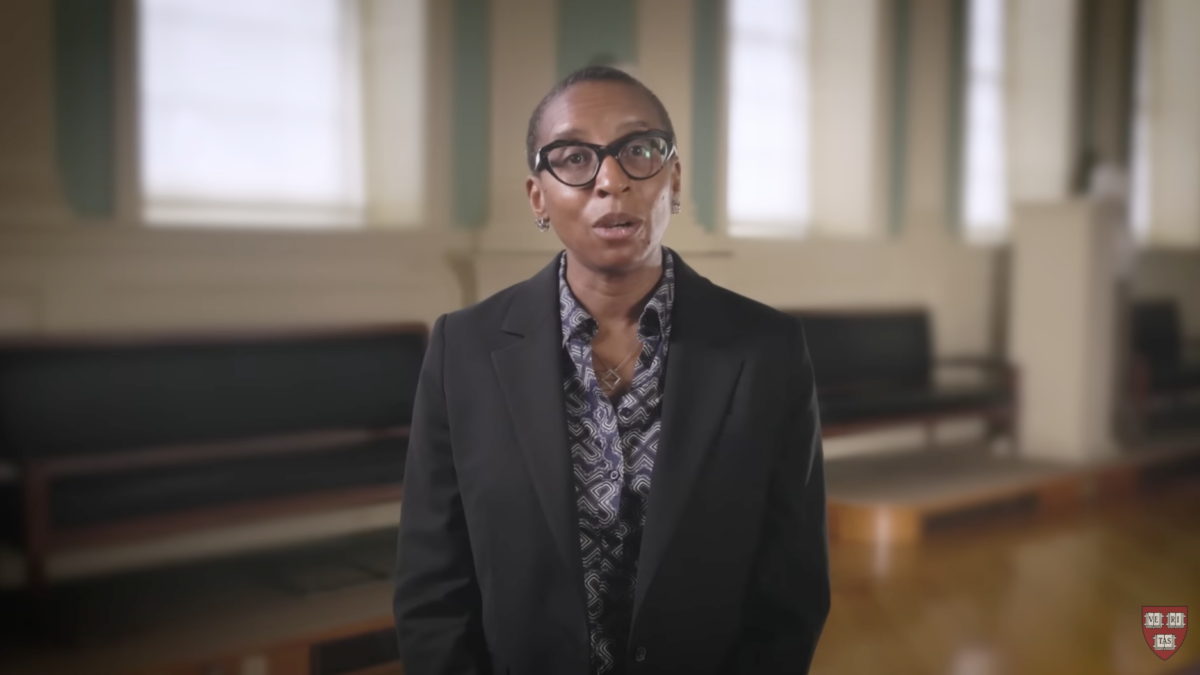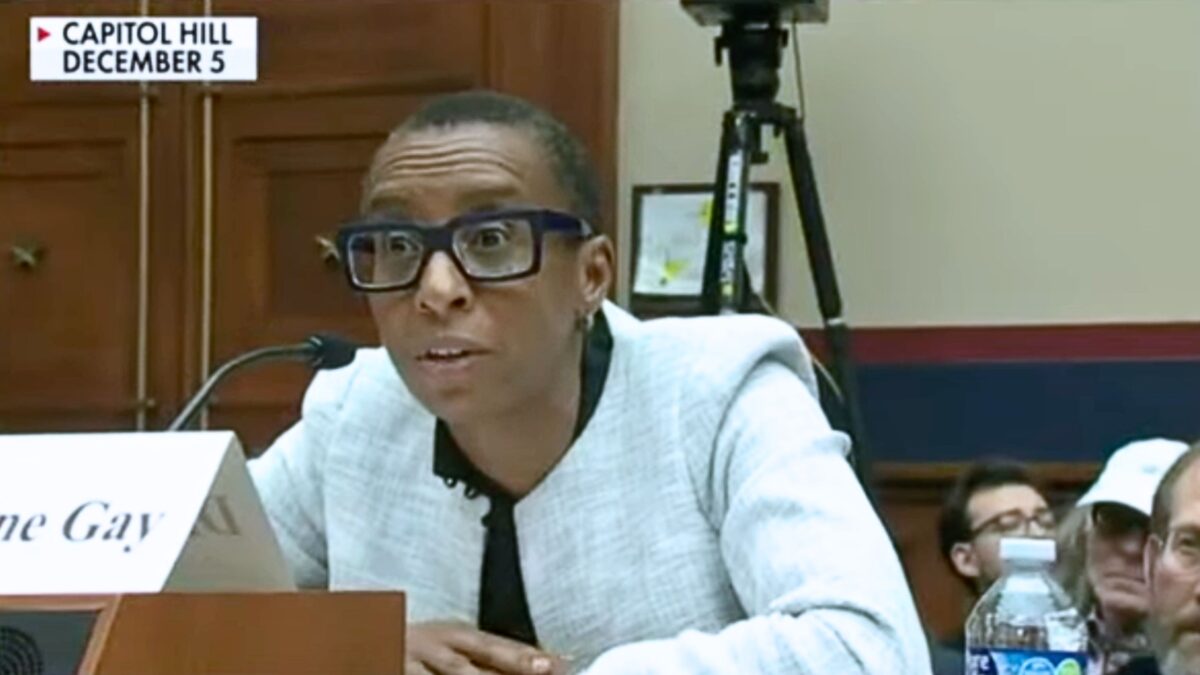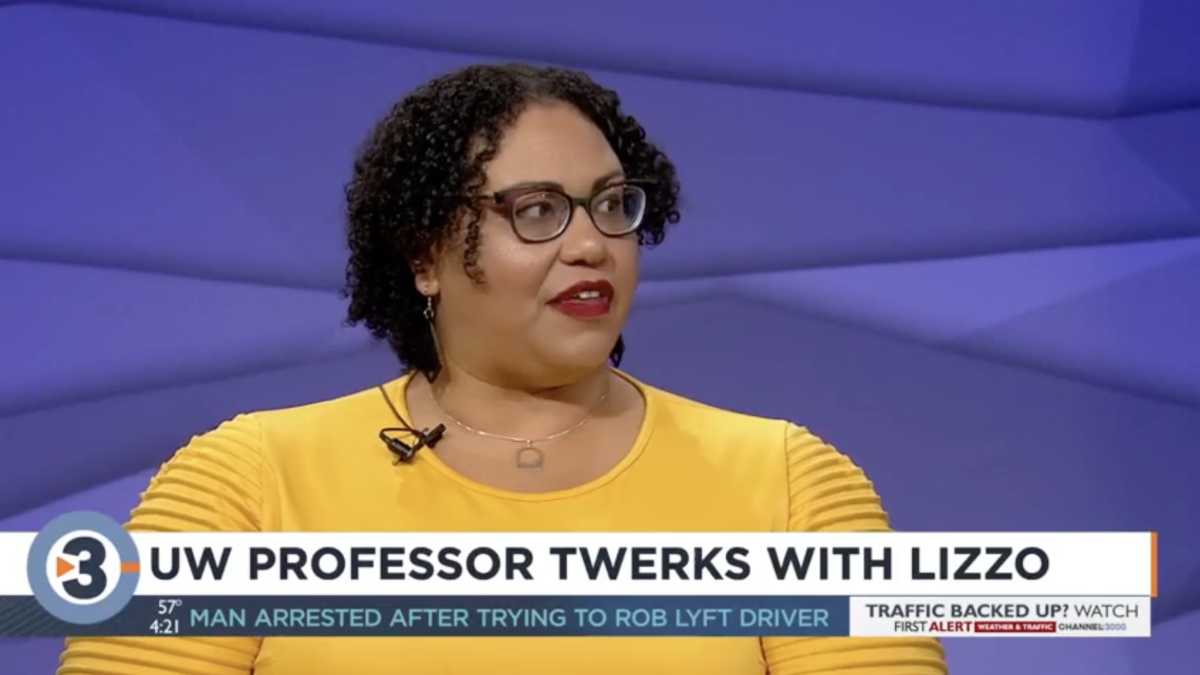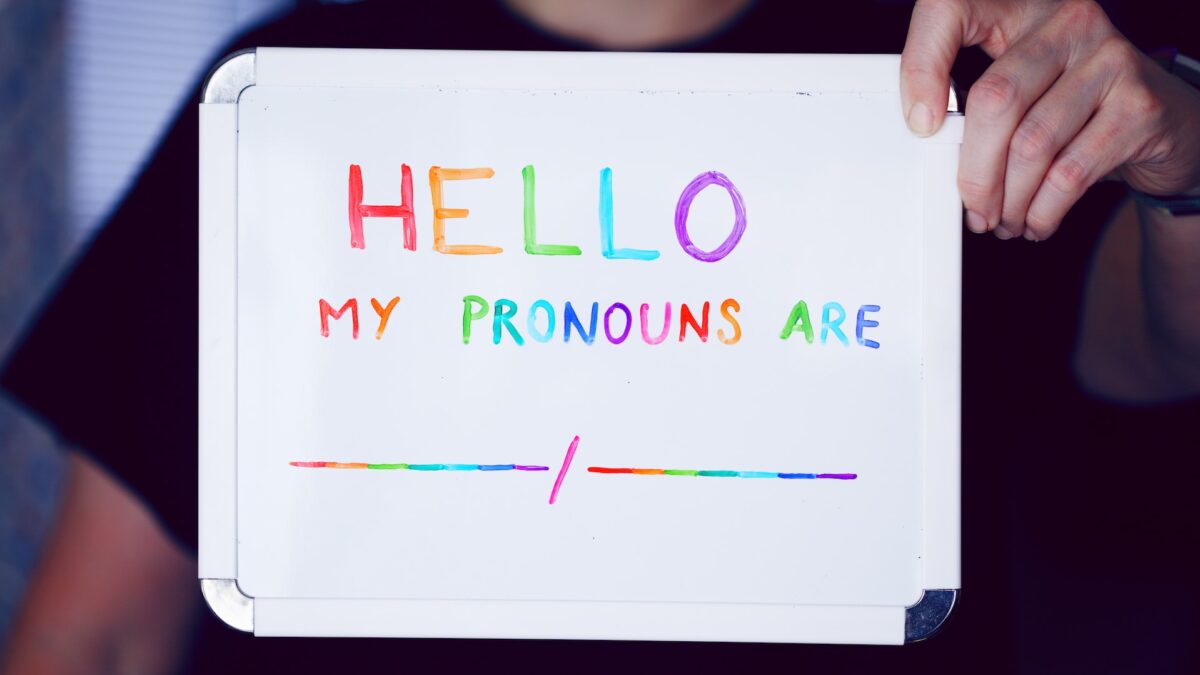
It’s finally happened. A male student has accused a female student of sexual assault, claiming he was too drunk to consent to sexual activity. The school, shockingly, found the woman responsible and suspended her until the male student graduates. Now she, like so many wrongly accused male students, is suing her university for violating her due process rights. The case is an unfortunate necessity to show how absurd the current campus environment surrounding sexual assault has become.
The female student, referred to in court documents as Jane Roe, is suing the University of Cincinnati. As an added twist, Jane’s lawyer is arguing the school also violated the Equal Protection guarantees of the Fourteenth Amendment, because the university could just as easily have made a case against the male student who accused her, referred to as John Doe in court documents.
Jane, a nursing student and member of the ROTC program, says she went home with John after a night of drinking. John had told Jane that he was drunk and wanted to go home, so she went with him to make sure he drank some water, as she did not feel comfortable leaving him alone. She then fell asleep on his bed. When one of John’s roommates entered the room and asked her to leave, she said she couldn’t because she was dizzy.
John then got into bed with Jane, she claims in her lawsuit, and began kissing her. John said they needed to be quiet so his roommates couldn’t hear. He removed her shirt and asked her to lock the door. He then digitally penetrated her. Jane says she then asked him if there “was anything else” he wanted to do, and John said he just wanted to go to sleep because his roommates could hear. Jane left John’s house in the morning.
That was Sept. 30, 2017. On Oct. 2, 2017, John filed a complaint against Jane with UC, claiming he was too drunk to consent to sexual activity with her. John did not mention in his report that he penetrated Jane with his fingers, but said he “thinks he touched” her vagina. John did not go to the police.
Jane told UC investigator Caitlin Wells that she was also intoxicated on the night of the encounter, and provided evidence to support her claim. Wells did not investigate the possibility that Jane might also have been too drunk to consent, and therefore a victim of sexual assault herself according to university policy (this kind of one-sidedness occurs all the time when male students are accused by women).
Jane was found “responsible” for sexual misconduct. Her appeal of the decision was denied and she was suspended from UC until John graduates or otherwise leaves the school. Jane believes that John only accused her of sexual assault because she had previously made an accusation against one of his friends.
Robby Soave of Reason has another theory: “Doe woke up, realized they had engaged in sexual activity while they were both drunk, and feared that she would file a complaint against him, as she had done to his friend. Panic-stricken, he felt he had no choice but to beat her to the punch.”
Either scenario highlights problems with the current culture surrounding sexual assault on college campuses. If Jane’s theory is correct, then schools are ignoring potential alternative motives behind sexual assault accusations. We’ve seen this before, where an accuser files a report in order to punish the accused for something.
At Brandeis University, a male student accused his ex-boyfriend of sexual assault after the ex began dating someone the accuser fancied. A woman at Ohio State University accused a male student of sexual assault so she could repeat her first year of medical school again. Many more male students have been accused after they fail to continue dating the female student.
If Soave’s theory is correct, then it appears men may be getting the message that they need to make accusations against female students before they can make accusations against them, since both parties would have an equal claim.
Many attorneys I’ve spoken to who handle these due process lawsuits have pondered the question: If both students were drunk, and both wake up the next morning and race to the Title IX office to accuse the other of sexual assault, and both make it there at the same time, what does the school do?
The answer, thus far, has appeared to be to favor the female accuser. This was evidenced by Duke University dean Sue Wasiolek, who testified in 2014 that if both students were drunk, “assuming it is a male and female, it is the responsibility in the case of the male to gain consent before proceeding with sex.”
And since the vast majority of accused students are male, even though statistics (which must be taken with a grain of salt, as many statistics surrounding sexual assault are flawed), show that men and women experience sexual violence at nearly the same rate, one would be likely to conclude that the bias is against men. This lawsuit, however, shows that the bias may in fact be against the accused, or the person who didn’t file a complaint first.
It is, however, just one case, so we can’t jump to the conclusion that this is the start of any trend of male students accusing female students. But it should show that current campus rape policies are deeply flawed, as most cases brought forth rely on taking the accuser’s side, even when both students would have an equal claim under school policy.
It therefore appears that feelings matter more than the facts in such accusations, as a student merely feeling bad about an encounter can claim to be a victim who was too drunk to consent, even though the alleged perpetrator was also too drunk to consent. We saw this at Amherst College, when a male student was expelled even though the school accepted that he was drunk (in a black-out state) when he received oral sex from a female student.
Until schools start recognizing that too often these accusations could find both the accuser and the accused responsible for sexual assault, the lawsuits will continue to roll in.









